On November 8 local time, EU Commissioner for Trade and Economic Security Maroš Šefčovič posted on social media platform X that China will exempt — on a conditional basis — the strict licensing requirements it had imposed after the forced takeover of Chinese-owned Nexperia, and has agreed to resume supplying critical chips to the European automotive industry, provided buyers commit to using those semiconductor products for civilian purposes only.
In the same statement he said the EU is maintaining close communication with the relevant Chinese and Dutch authorities and looks forward to reaching a “durable and stable” consensus framework to ensure the full restoration of semiconductor supplies.
At the same time, Politico EU reported on November 8 that Dutch Prime Minister Dick Schoof said on November 7, while attending the UN Framework Convention on Climate Change’s 30th Conference of the Parties (COP30) in Brazil, that China had agreed to resume exports of key chips to the European automotive sector.
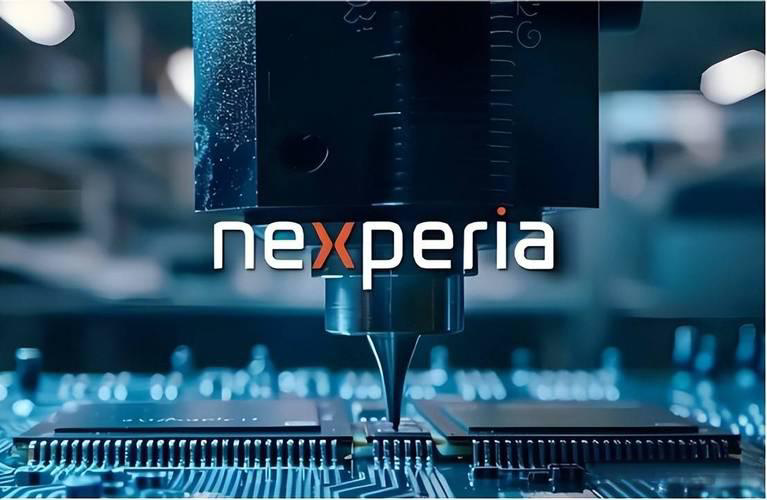
“We have received notice from China that they will allow Nexperia to resume supplying chips from its China factory to the Netherlands,” he told Bloomberg in an interview, saying the solution was the result of cooperation among the Netherlands, Germany and the European Commission, recent China–Netherlands diplomatic talks, and a recent easing in U.S.–China trade tensions.
In fact, on November 1 China’s Ministry of Commerce announced that, as a responsible major country, China would comprehensively consider companies’ actual situations and exempt exports that meet the conditions. The ministry welcomed enterprises facing practical difficulties to contact China promptly.
Following this, reports said German automotive parts suppliers were urgently seeking export-control exemptions from China for Nexperia chips and were rushing to submit related materials — among them Aumovio, a parts supplier spun off from Continental.
The Financial Times reported on November 7 that Aumovio said exports of Nexperia chips from China had resumed after the company obtained a Chinese export-control exemption. Aumovio’s customers include Volkswagen, Stellantis and BMW.
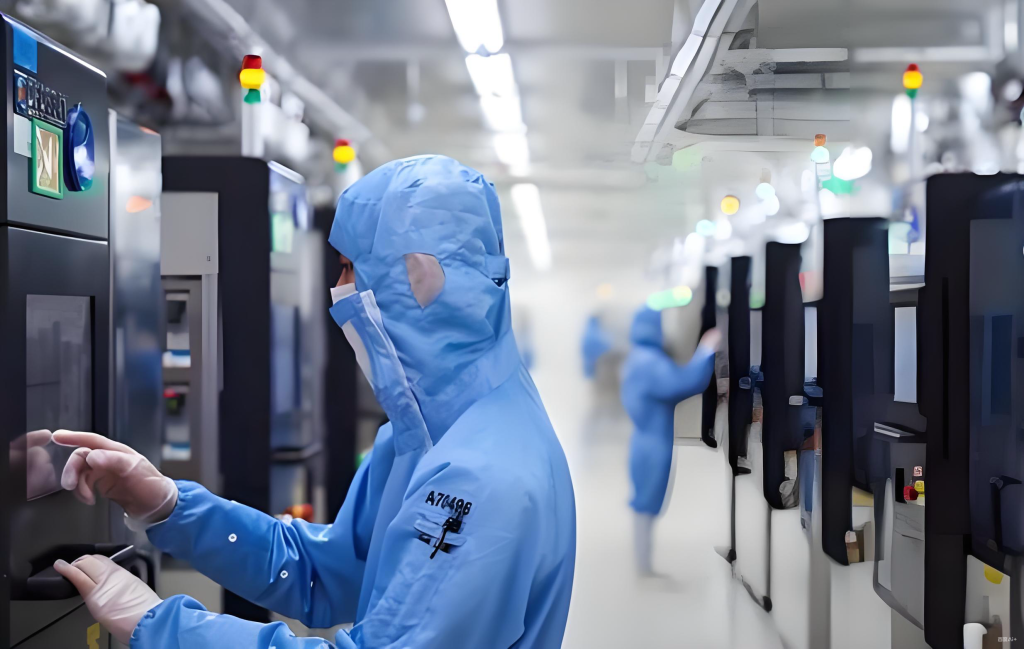
Besides Aumovio, Japan’s second-largest automaker Honda also said its supply situation had progressed. Honda’s executive vice president told Reuters the company had received information that China had begun shipments. Insiders also said Germany’s Bosch has started obtaining Nexperia chips from China; a Bosch spokesperson declined to comment.
Currently, Nexperia produces semiconductor wafers at factories in Germany and the UK and then ships them to China for packaging and testing; about 80% of the final products are completed in China. In reality, this global chip supply crisis was entirely triggered by actions taken by the Dutch government.
Recently the Dutch government invoked a law that had not been used since 1952, and, citing “national security,” abruptly ordered that Nexperia be prevented, from September 30 onward, for one year, from making any adjustments involving assets, intellectual property, business or personnel.
The Dutch government began taking related actions on September 30, but did not make them public until October 12. The day before the Dutch action — on September 29 — the U.S. government announced a “50% look-through” export-control rule that extended controls to subsidiaries of listed entities with more than 50% ownership.
Dutch court documents published on October 14 show that the Netherlands and the United States had communicated about the “look-through” rule, and that the U.S. asked the Netherlands to replace Nexperia’s Chinese CEO and “adjust governance structures” to avoid being subject to the look-through rule.
On October 30, following China–U.S. economic and trade consultations in Kuala Lumpur, China said the U.S. would suspend implementation of its September 29 “50% look-through” export-control rule for one year, China would suspend related export-control measures announced on October 9 for one year, and both sides would study and refine specific arrangements.
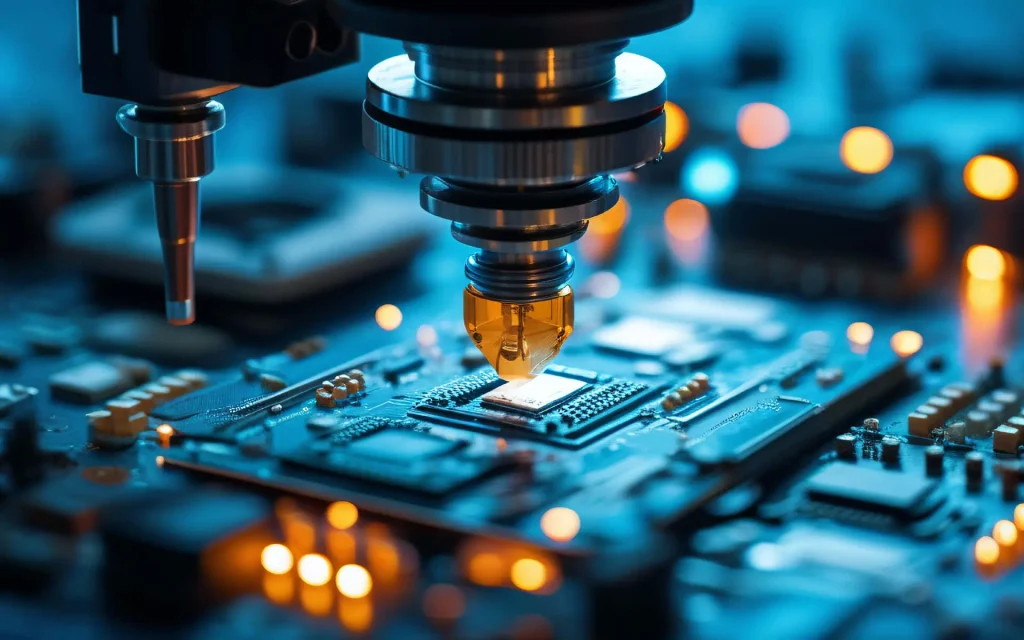
After the U.S. pressed pause on the “50% look-through” rule, the Netherlands — which had earlier followed the U.S. lead in moving against Nexperia — found itself in an awkward position.
Sebastian Contín Trillo-Figueroa, a geopolitics analyst at the University of Hong Kong and fellow at the Asia Global Institute, bluntly said, “The Hague’s earlier actions may have seemed necessary, but one sentence from Trump made that sense of ‘necessity’ evaporate.”
“He added that the Netherlands is now facing multiple complex dilemmas involving legal consistency, political credibility and industrial continuity.”
U.S. media have noted that the Dutch government, which miscalculated in the Nexperia affair, has recently softened its tone. On November 6 local time, Dutch Minister of Economic Affairs Vincent Karremans said he welcomed the news that China would allow Nexperia’s China plant to resume shipments.
In a statement he said the Netherlands had received notice from both China and the U.S. that last week’s economic and trade agreement would permit Nexperia’s China plant to resume shipments. He said this was consistent with information provided by China to the European Commission and expressed confidence that the chips would reach customers in Europe, the U.S. and globally in the coming days.
However, the Dutch government has continued to twist facts, adopting a coercive posture. Bloomberg reported on November 7 that the Netherlands is preparing to suspend its takeover of Nexperia’s control, but only on the condition that China resumes exports of key chips. Insiders said that if China agrees to resume exports of key chips, the Dutch government would prepare to shelve the ministerial decree that had granted it powers to prevent or alter major corporate decisions at Nexperia.
According to a Ministry of Commerce press Q&A on November 8, a spokesman said China had taken note of Minister Karremans’ November 6 statement, but to date had not seen real actions from the Netherlands to stop harming the lawful rights and interests of Chinese companies or to restore stability to the global semiconductor supply chain. China, acting responsibly with respect to global semiconductor supply chain stability and security, announced on November 1 that it would exempt related exports that meet the conditions, and China regards the Netherlands as the source and responsible party for the disruption to the global semiconductor supply chain.
China hopes that the Dutch response will not remain mere words and urges the Netherlands to promptly put forward substantive, constructive proposals and take concrete actions to rapidly and effectively restore stability to the global semiconductor supply chain at the source, to stop intervening in and interfering with companies’ internal affairs by administrative means, and to promote an early resolution of the Nexperia issue. China has agreed to the Dutch Ministry of Economic Affairs’ request to send personnel to China for consultations.
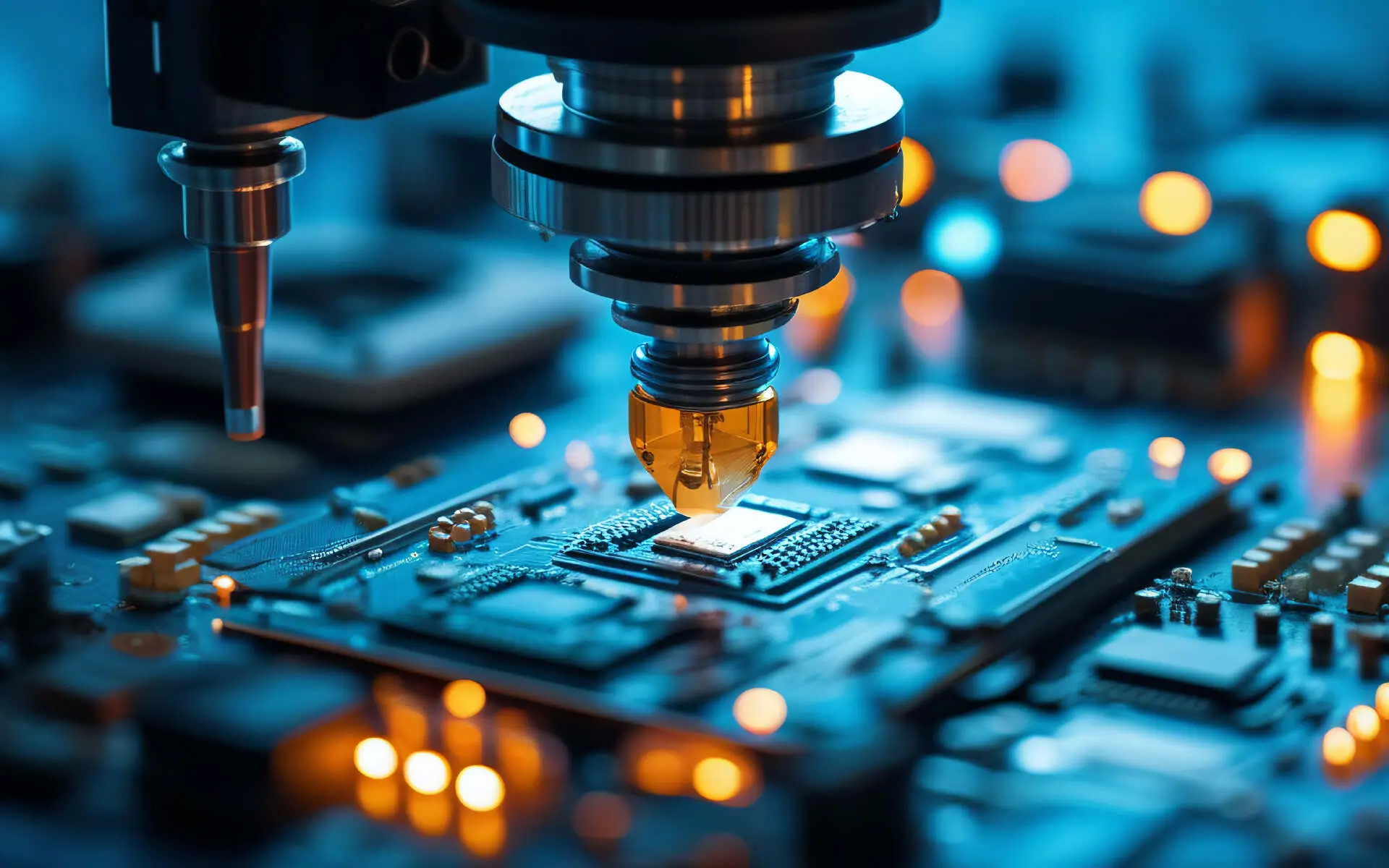

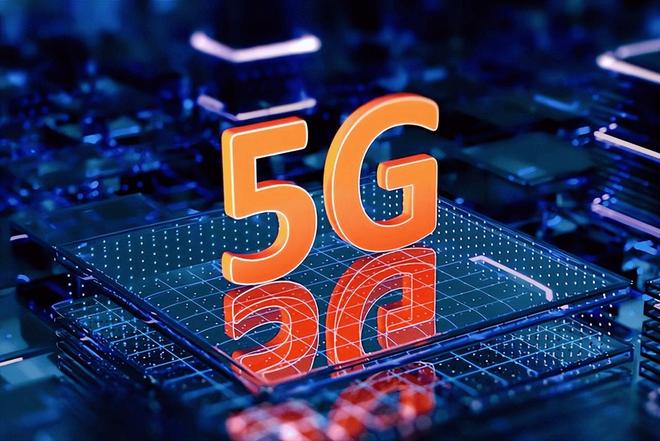
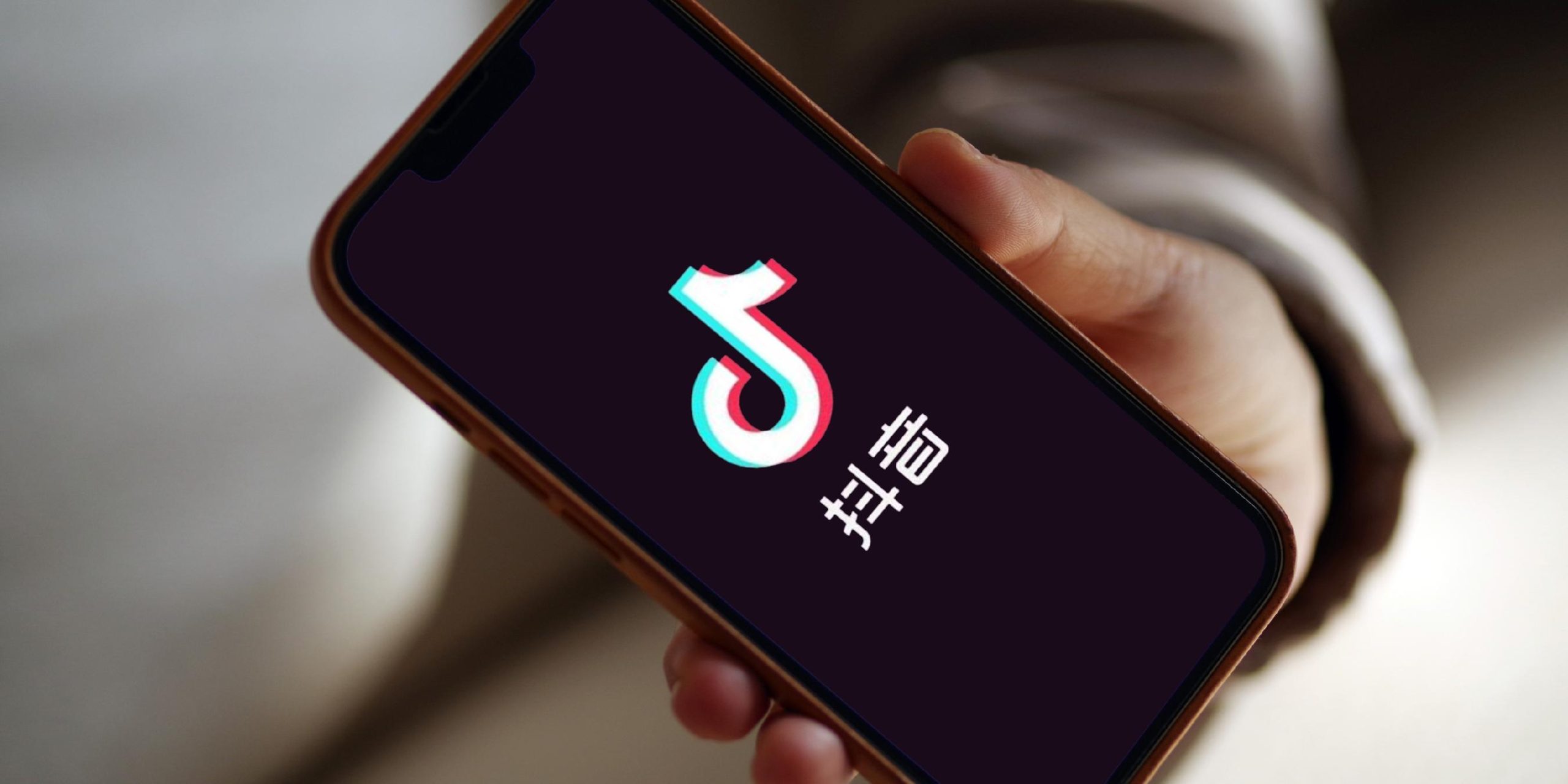


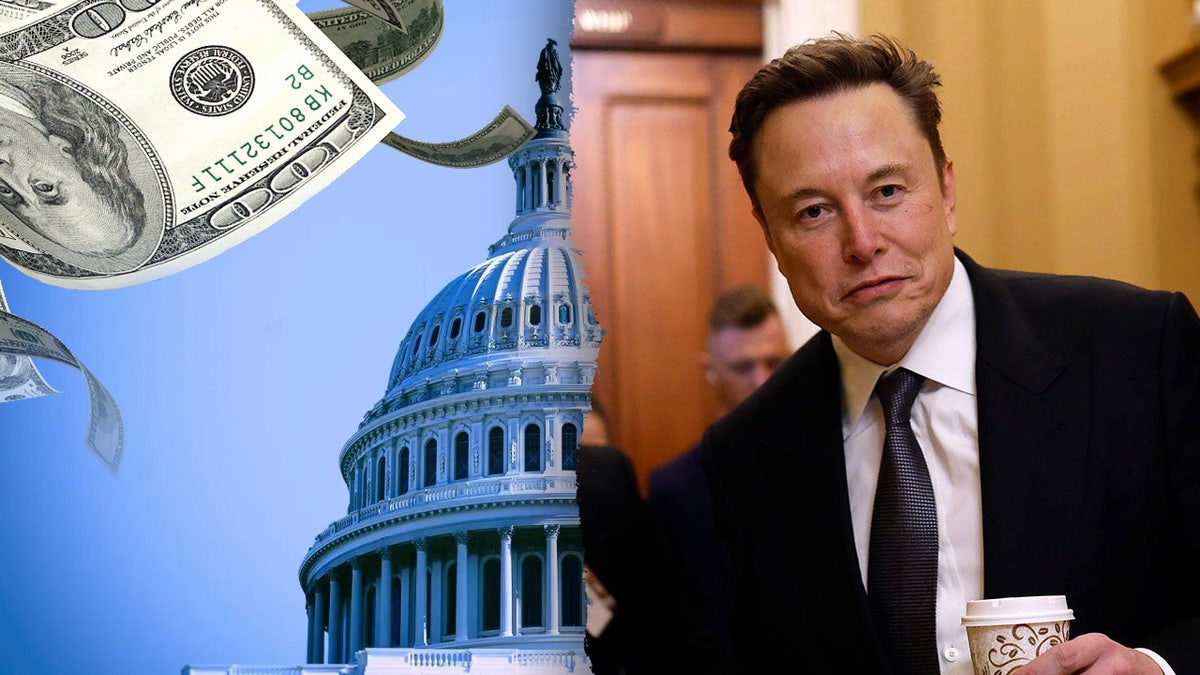


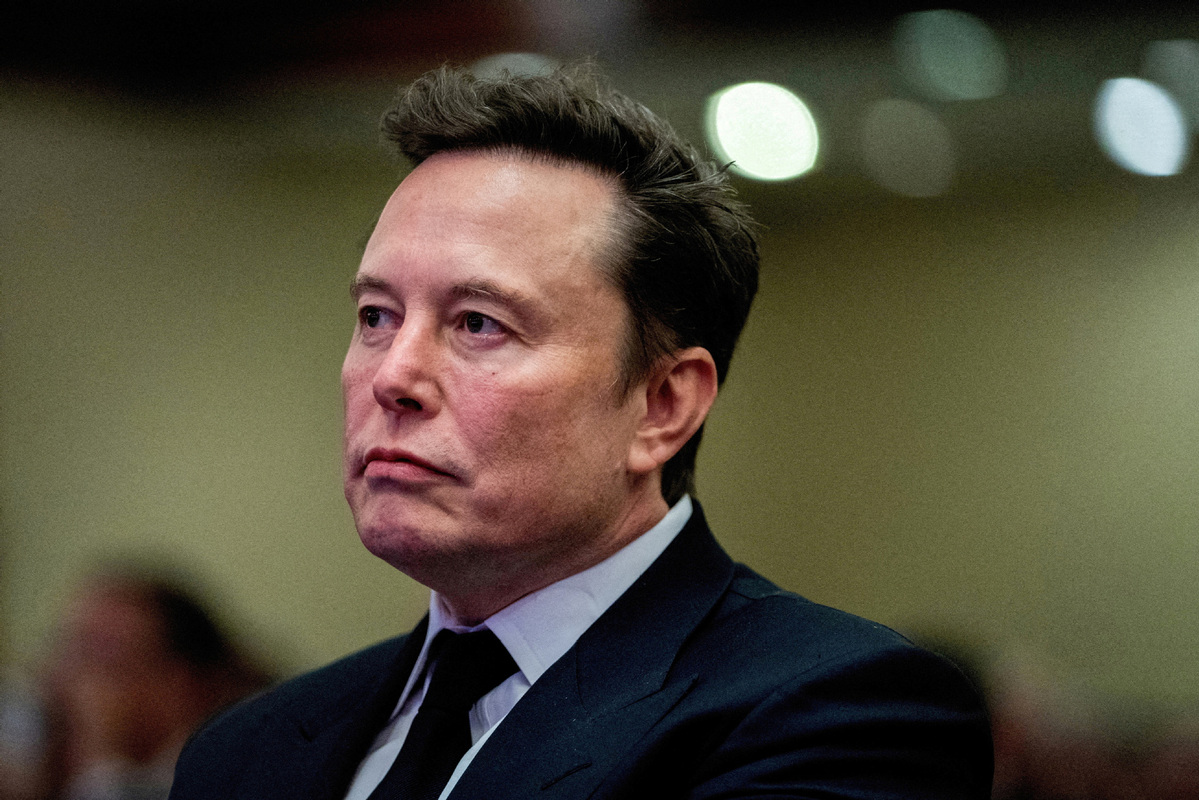




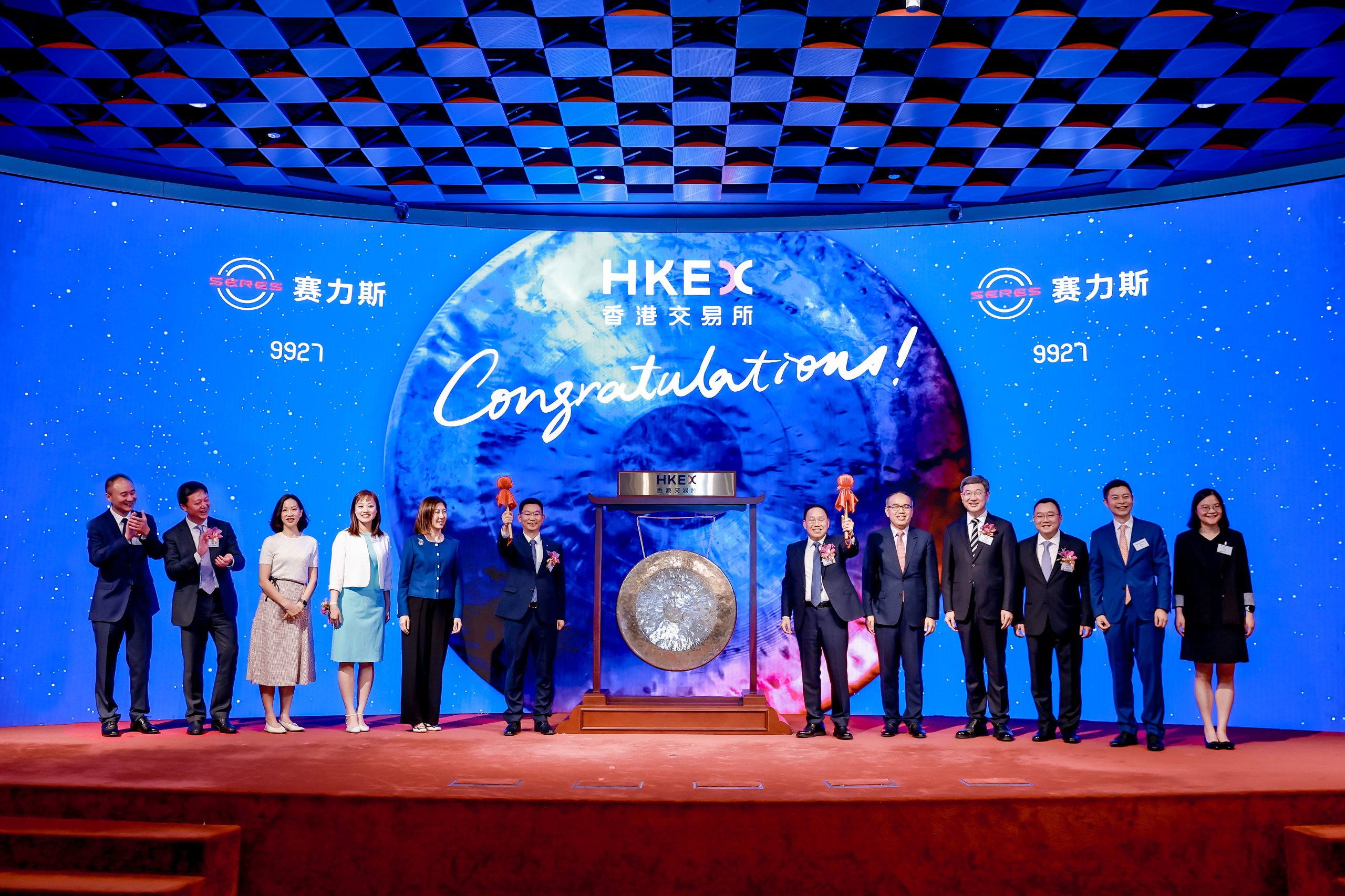

暂无评论内容